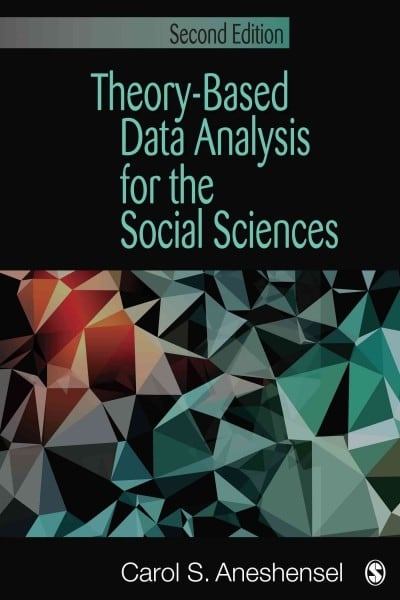Question
example of an analysis of the learning, development, needs and interest of the child based on the observation below OBSERVATION ONE Today the toddlers had
example of an analysis of the learning, development, needs and interest of the child based on the observation below
OBSERVATION ONE
Today the toddlers had a very exciting experience where they participated in their own supermarket shopping experience. They had bags and money at the ready for them to 'use' in order to purchase foods from around the room. The foods were both real and fake to add real life elements into the experience. The toddlers were immediately drawn to the experience they were all running around looking at all the items available as well as the money that had been left around the room. The children slowly began to understand the idea of the experience as they all grabbed bags and money, picked up items and took them to the check out area. They also started discussing what they were getting and why, as well as what foods they have at home. The toddlers took this experience a step further and started unpacking there items as if they were going to prep them to eat. The toddlers were so engaged in this experience that they played amongst themselves in it until it was lunch time. Each time they would try a new method of playing within the area. The toddlers sat with each other and began swapping their foods or offering what they have to each other. This experience was definitely a hit with the toddlers and more experiences like this would be very beneficial.
Benefits of Experience
Not only was this experience engaging for the toddlers but it also provided them with numerous benefits including:
- Boosting creativity:It encourages them to use their imagination, adopt different roles, solve problems creatively, express themselves emotionally, and develop their language and social skills.
- Enhancing coordination: Dramatic play enhances children's coordination by engaging them in activities that develop both fine and gross motor skills, along with balance and spatial awareness.
- Elevating communication skills: It elevates communication skills in young children by providing them with opportunities to express themselves, articulate their thoughts and ideas, listen to others, and engage in back-and-forth dialogue within various imaginative scenarios.
- Arithmetic learning: In dramatic play, little ones develop math skills by doing activities that involve counting, recognizing numbers, performing basic mathematical operations, understanding patterns and sequences, and solving mathematical problems
- Developing focus: Children develop the ability to focus by engaging in immersive and meaningful activities that capture their interest. As they take on roles and navigate through various scenarios, they learn to sustain attention, follow a storyline, and concentrate on their interactions and responses.
- Nurturing social skills: By providing children with opportunities to interact, communicate, and collaborate with peers, they learn to negotiate roles, resolve conflicts, and understand different perspectives.
OBSERVATION TWO
Anastasia from our last week of experiences showed a great interest in the teeth brushing activity. This gave me the idea to set-up an almost identical experience but with more real-life looking dirty teeth, with harder to clean 'germs'. As soon as the card was placed down Anastasia came bounding over, ready to engage in what was coming. 'Very dirty teeth' she said while picking up the toothbrush, Anastasia was thrilled to start scrubbing away. She gave a slightly concerned look as the yellow paint wasn't washing away too easily with the toothbrush. I asked Anastasia what she would home when it came to brushing her own teeth, what is her first step? Anastasia said 'wet', while holding the brush up in the air. We quickly went in to wet the tooth brush before coming back to brush the teeth. As the paint started brushing away Anastasia seemed to be extremely pleased, squealing as they got cleaner and cleaner. Once the teeth were completely brushed Anastasia held them up proudly saying, 'look teeth are happy'
Benefits of Experience
There are numerous benefits to teaching children about dental hygiene including;
- BUILDS LASTING GOOD DENTAL HABITS:Children are very influenced by their surroundings in their early years. Because of this, habits and behaviours are easier to introduce and integrate.
- PROMOTES GENERAL HEALTH AND WELL-BEING: Oral health plays an important role in our general health and well-being. It is important to teach children what's involved in protecting their teeth and gums from decay and gum disease. Evidence has shown the impact of oral diseases extends beyond the mouth, contributing to serious illnesses. It goes without saying that a healthy smile also does wonders for one's self-esteem and confidence, which are directly linked to one's well-being. Good dental habits picked up early will promote a healthy smile that can last a lifetime.
- DECREASES DENTAL ANXIETY: There are many reasons why teaching children good dental habits when they're young can counteract dental anxiety. In a study conducted by the University of Adelaide, findings concluded that 1 in 6 adults in Australia have dental-related anxiety, and that bad childhood experiences were one of the main reasons for this. A child that can observe and adhere to good dental habits from a young age is more likely to have well looked after teeth. As a result, visits to the dentist can often be a positive experience needing minimal major or intrusive treatments.
Step by Step Solution
There are 3 Steps involved in it
Step: 1

Get Instant Access to Expert-Tailored Solutions
See step-by-step solutions with expert insights and AI powered tools for academic success
Step: 2

Step: 3

Ace Your Homework with AI
Get the answers you need in no time with our AI-driven, step-by-step assistance
Get Started


